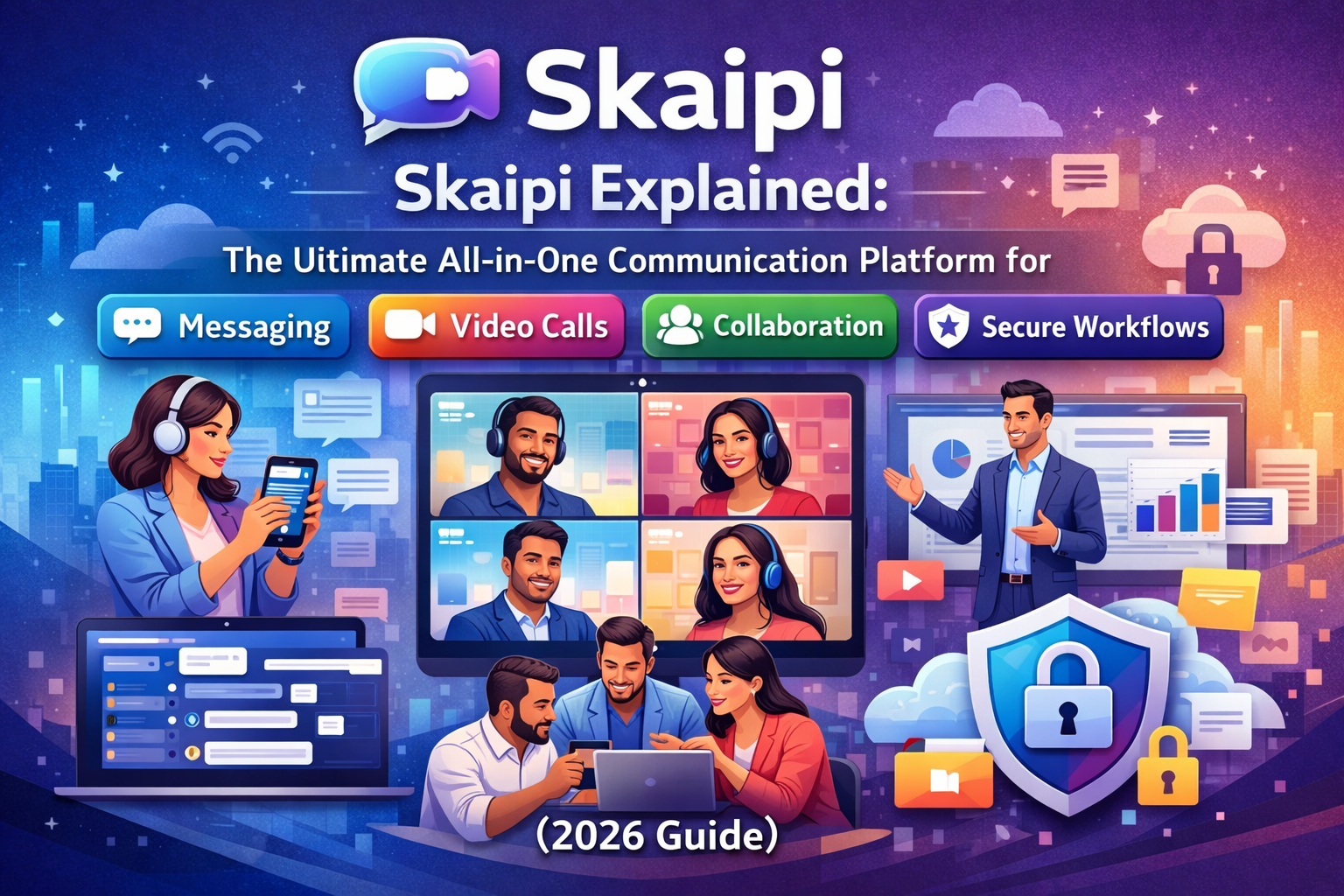Online spaces are constantly evolving, but with every new trend or wave of creativity comes the shadow of restrictions. Platforms set the rules. Governments enforce them. Suddenly, large parts of digital culture can disappear overnight. Bans don’t only affect the surface; they change how people interact, exchange, and make things. When it comes to safety, moderation, or compliance, the effect might seem personal for groups that do well online.
For individuals navigating these changes, the ability to maintain privacy and access becomes crucial. This is where a free VPN by Planet VPN proves invaluable. A VPN encrypts connections and hides browsing activity. This helps individuals keep in touch with their communities, even as rules are stricter. The best part is that it’s easy to use. VPN applications are available for both Android and iOS, so you can browse the web safely without having to set anything up. For a lot of people, this is the most important thing to do to be safe while staying connected.
Restrictions come in different forms. Sometimes a trending channel or website is taken down all at once, while other times whole categories of content are banned. Even though these choices are frequently used to stop bad behavior, the effects usually hit regular users. A creative who has built up a following over the years might have their work disappear, and admirers can no longer access the communities they rely on. The dynamic between control and expression is at the core of the digital era, and bans are one of the most powerful tools shaping it.
There’s also the issue of how bans create unintended consequences. When official spaces clamp down, underground alternatives spring up. People pushed out of mainstream platforms often get creative. They reconstitute their communities on smaller platforms, secret forums, or networks that are encrypted. These changes provide up new opportunities for experimentation, but they also highlight how easily online culture may break when it has to deal with norms that aren’t expected.
Bans may give the impression that things are unstable to the user. One day you could come in to discover that your favorite community has vanished, that you are unable to post as frequently, or that certain functions are broken. People’s online interactions and their level of confidence in digital services are both impacted by this unpredictability. Digital literacy includes knowing how to protect your access, maintain your anonymity, and interact securely.
Considering the psychology of banning is also fascinating. Although they are meant to impose restrictions, they frequently pique curiosity. People pay attention to anything that say “restricted” or “forbidden.” Sometimes, trying to limit access makes people more interested instead of less. This makes a circle where digital culture doesn’t only respond to prohibitions; it is also molded by them, as people find new methods to adapt and test the limits.
There is also a deeper element to how bans show larger discussions about freedom and responsibility online. While some want to preserve free expression and creativity, others want to create safe, regulated environments. The balance between the two sides is always shifting, making it difficult to decide between them. While some may believe that such a limitation is essential, others may believe that it is excessive. This leaves regular users stuck in the middle.
Digital security and access technologies are a part of this continuing fight. They don’t do rid of prohibitions, but they give people the opportunity to choose how much control they want to give up. A VPN, for instance, does more than simply protect your privacy; it gives you back your freedom in places where rules are stringent. That freedom is very important for communities that depend on connection, innovation, and the open flow of information.




